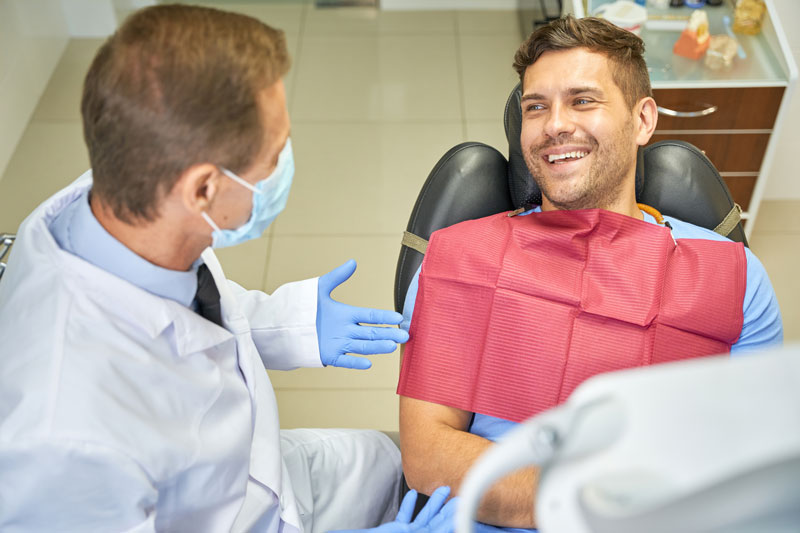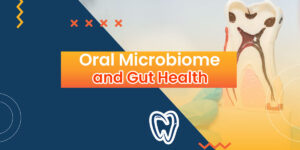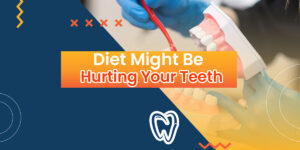Dental emergencies can happen when least expected, leaving you feeling anxious and unsure of what to do next. However, with the right knowledge and preparation, you can handle common dental emergencies like a pro, ensuring prompt care and minimizing discomfort. In this blog post, we’ll guide you through the steps to take during dental emergencies so you can react confidently and effectively.
1. Toothaches
Toothaches can range from mild discomfort to severe pain and may be caused by various factors, including tooth decay, infection, or injury. If you experience a toothache, rinse your mouth with warm water and gently floss to remove any trapped debris. Over-the-counter pain relievers can help alleviate discomfort temporarily.
However, avoid placing aspirin directly on the gums, as it may cause tissue irritation. Contact your dentist as soon as possible to schedule an appointment and address the underlying cause of the toothache.

2. Broken or Chipped Teeth
If you break or chip a tooth, rinse your mouth with warm water to clean the area. If there is bleeding, apply gentle pressure with a clean gauze or cloth to stop the bleeding. Save any broken tooth fragments and rinse them with water. If possible, cover sharp edges or fragments with dental wax or sugar-free gum to protect the soft tissues in your mouth.
Contact your dentist immediately for evaluation and treatment options, as broken teeth may require prompt repair to prevent further damage.
3. Knocked-Out Teeth
A knocked-out tooth is a dental emergency that requires immediate attention to increase the chances of successful re-implantation. If you knock out a tooth, handle it by the crown (the part visible in the mouth) and avoid touching the root. Rinse the tooth gently with water if it’s dirty, but do not scrub or remove any attached tissue fragments.
Try to reinsert the tooth into its socket if possible, or store it in a container of milk or saliva to keep it moist. Contact your dentist or seek emergency dental care immediately, as time is of the essence in saving a knocked-out tooth.
4. Lost Dental Restorations
If a filling, crown, or dental bridge becomes loose or falls out, it’s essential to seek dental care promptly to prevent further damage to the affected tooth. In the meantime, avoid chewing on the affected side of your mouth and refrain from consuming hard or sticky foods that could dislodge the restoration further.
Your dentist can assess the situation and determine the best course of action to repair or replace the lost dental restoration.
The Ultimate Guide To Oral Hygiene: Best Practices And Techniques
5. Soft Tissue Injuries
Injuries to the lips, cheeks, gums, or tongue can cause bleeding and discomfort. Rinse your mouth with warm water and apply gentle pressure with a clean gauze or cloth to control bleeding. If the bleeding persists or the injury is severe, seek medical attention immediately.
Your dentist can evaluate the injury and provide appropriate treatment to promote healing and prevent infection.
Dental emergencies can be stressful, but knowing how to handle them can make all the difference in preserving your oral health and minimizing discomfort.
By following these tips and seeking prompt dental care, you can navigate common dental emergencies like a pro and ensure your smile remains healthy and vibrant for years to come.
Remember, prevention is the best medicine when it comes to dental emergencies. Maintain good oral hygiene habits, wear protective mouthguards during sports or recreational activities, and schedule regular dental check-ups to catch potential issues early and prevent emergencies before they occur.
In case of a dental emergency, don’t hesitate to contact your dentist or seek emergency dental care immediately. Your dentist is your partner in oral health and is here to help you through any unexpected dental situations with expertise and compassion.




